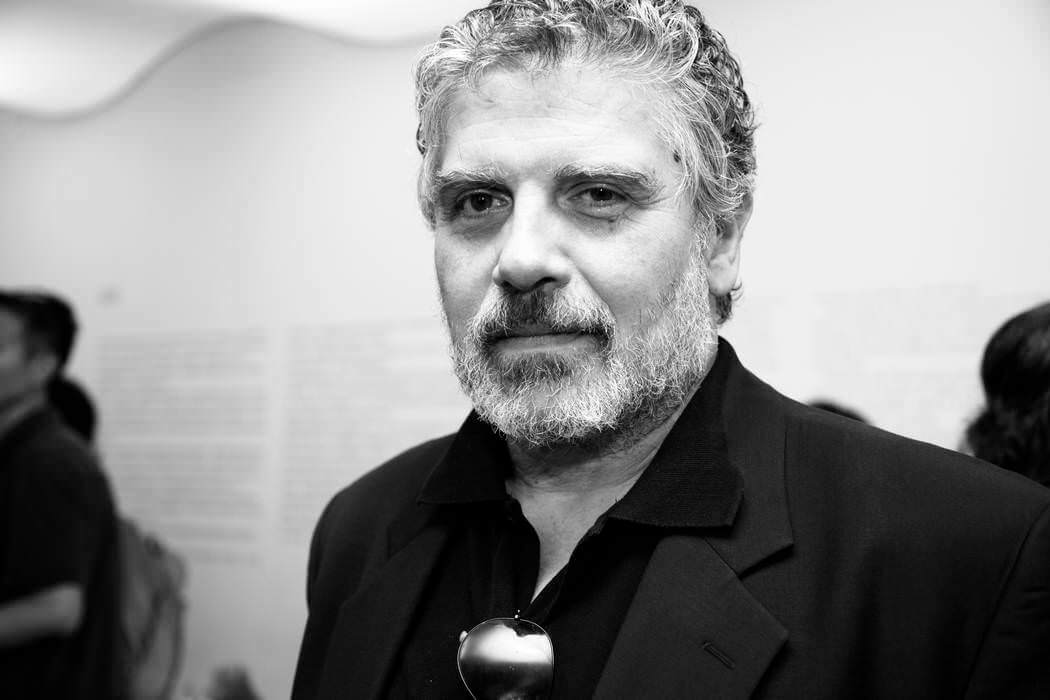Roberto Bosco

Roberto Bosco was born in Rome on July 8, 1951. dividing his days between painting and literature.
It’s 1968, and the French metropolis is the epicenter of the student protest. It’s a period full of cultural and political strain. The left bank of Paris is a breeding ground of ideas and a continuous boiling of plans and hopes. Here, Roberto Bosco takes his first steps, and more than thinking about the protest, he thinks about art, frequenting the museums where he comes to know the works of the great artists of classic and modern painting. He’s a loner, an individualist who passes his days immersed in the study and elaboration of different compositional techniques. In the meantime, he also prepares his exams to graduate with a major in modern literature. Once back in Italy, he collaborates as a radio author with Rai, who he also writes for. In ten years’ time, he writes dozens of radio plays and is also the director of some of them. Painting and literature go hand in hand. In the 1970’s, his paintings are exhibited with success in London and Paris, and some dealers buy and propose them to different galleries in the world.
His meeting with Leopoldo Chizoniti, manager and organizer of artist events, marks a turning point. Their collaboration, based above all on friendship and professional respect, produces a series of occasions for exhibitions that culminate in the project “Beyond the Limit” (“oltre Confine”) which results in prestigious exhibitions at the Today Art Museum in Peking, in Doha “Qatar”, in New York and Berlin. In Italy his works have been appreciated by critics and audience during the exhibitions took place at the Contemporary Art Museum “Macro” Testaccio and at the “Palazzo delle Esposizioni” (Rome), at spaces of the PWC and at Expo in the in the pavilion of the bank Fideuram (Milan).
After many years of work, Roberto Bosco is now an artist whose value is recognized not only on an economical level, but also by distinguished critics like Paolo Levi, Claudio Strinati, Tommaso Strinati, Wuang Duanting, and Luca Misiano.






